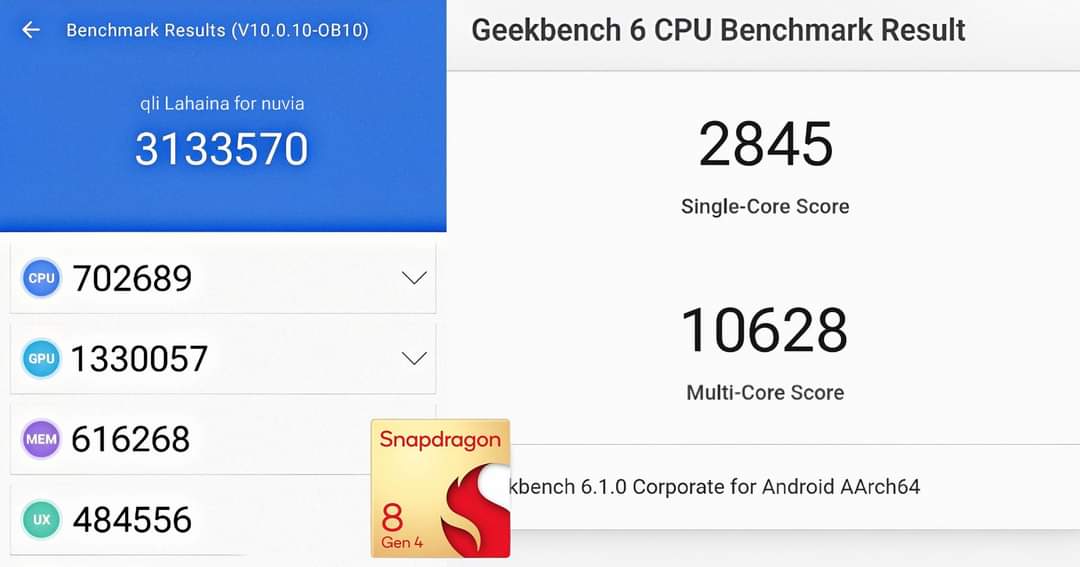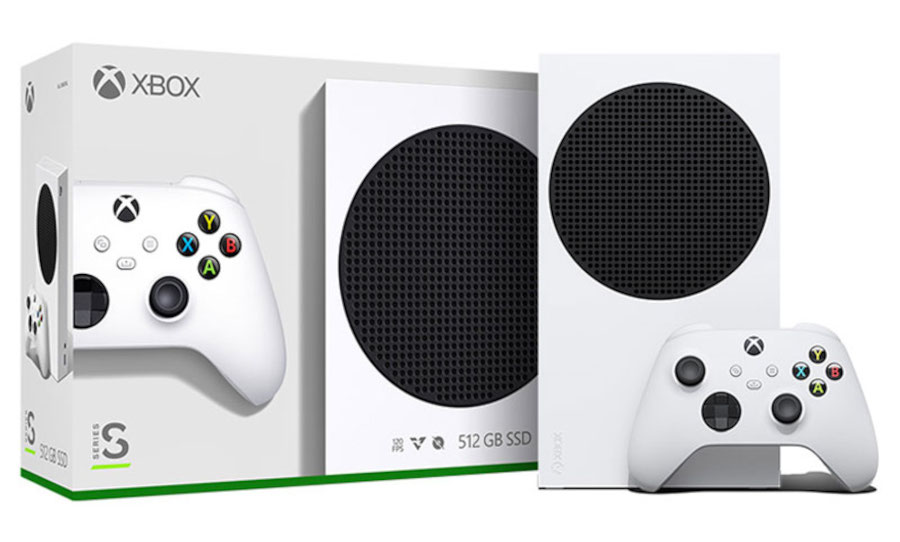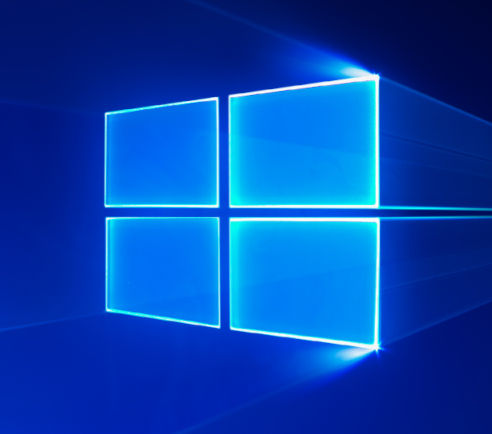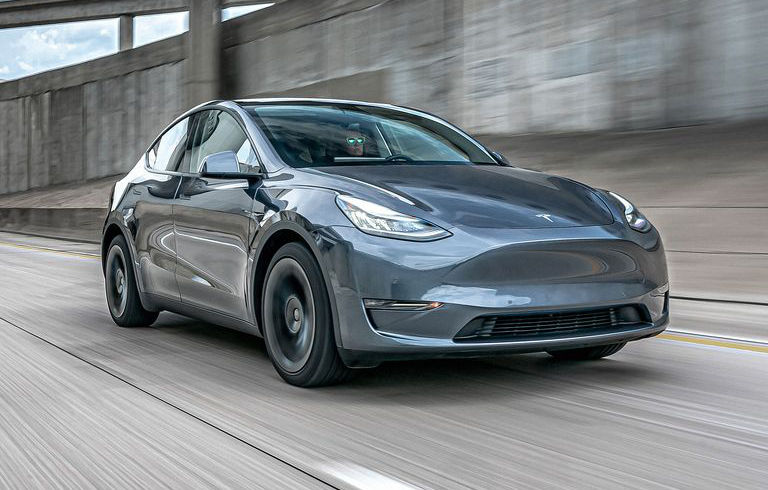
LEAK - Snapdragon 8 Gen 4: Benchmark Leaks Reveal Surprising Performance
How Qualcomm's Latest SoC Stacks Up Against Apple's M-Series Chips
LEAKS Computer January 28, 2024 Reading time: 2 Minute(s)
One of the most anticipated showdowns is between Qualcomm's Snapdragon series and Apple's M-series chips. The latest contender, the Snapdragon 8 Gen 4, has been the subject of numerous performance rumors, especially regarding its capabilities compared to Apple's latest offerings. Recent benchmark leaks shed light on how Qualcomm's newest system-on-chip (SoC) measures up, particularly in single-core and multi-core performance tests.
Geekbench 6 results, shared by negativeonehero on X, indicate that the Snapdragon 8 Gen 4 boasts impressive scores of 2,845 in single-core and 10,628 in multi-core performance. These figures significantly outpace its predecessor, the Snapdragon 8 Gen 3, by a notable margin of 46% in multi-threaded tests.

One striking aspect of the Snapdragon 8 Gen 4's performance is its purported use of only 'Phoenix' performance cores, akin to MediaTek's Dimensity 9300. This departure from including efficiency cores could enhance multi-core performance while potentially impacting power consumption. However, manufacturing on TSMC's 3nm 'N3E' process node is expected to mitigate any efficiency concerns, ensuring optimal performance without compromising power efficiency.
Comparisons with Apple's M-series chips, particularly the M3, reveal that the Snapdragon 8 Gen 4 holds its ground admirably in both single-core and multi-core tests. This underscores Qualcomm's strategic shift towards a custom CPU design, despite potential cost implications for smartphone manufacturers.
While benchmark leaks offer valuable insights, there are lingering questions surrounding power consumption metrics and the authenticity of leaked scores. The absence of power draw data raises concerns about real-world efficiency, emphasizing the need for comprehensive performance evaluations beyond synthetic benchmarks.
Furthermore, discrepancies in codenames between leaked results and the Snapdragon 8 Gen 4's actual designation raise suspicions about the credibility of the leaks. Without adequate clarification, skepticism regarding the authenticity of benchmark scores persists, highlighting the prevalence of manipulated data in online discourse.
As the industry awaits official confirmation and comprehensive performance analyses, it's essential to approach benchmark leaks with caution. While they provide tantalizing glimpses into potential performance capabilities, their reliability remains subject to scrutiny until corroborated by credible sources.
SOURCE AND IMAGE CREDITS: NEGATIVEONEHERO
Snapdragon 8 Gen 4 Qualcomm Apple Mseries smartphone SoC benchmark performance comparison Geekbench 6 AnTuTu Technology News RSMax
*Our pages may contain affiliate links. If you buy something via one of our affiliate links, Review Space may earn a commission. Thanks for your support!
CATEGORIES

























COMMENTS